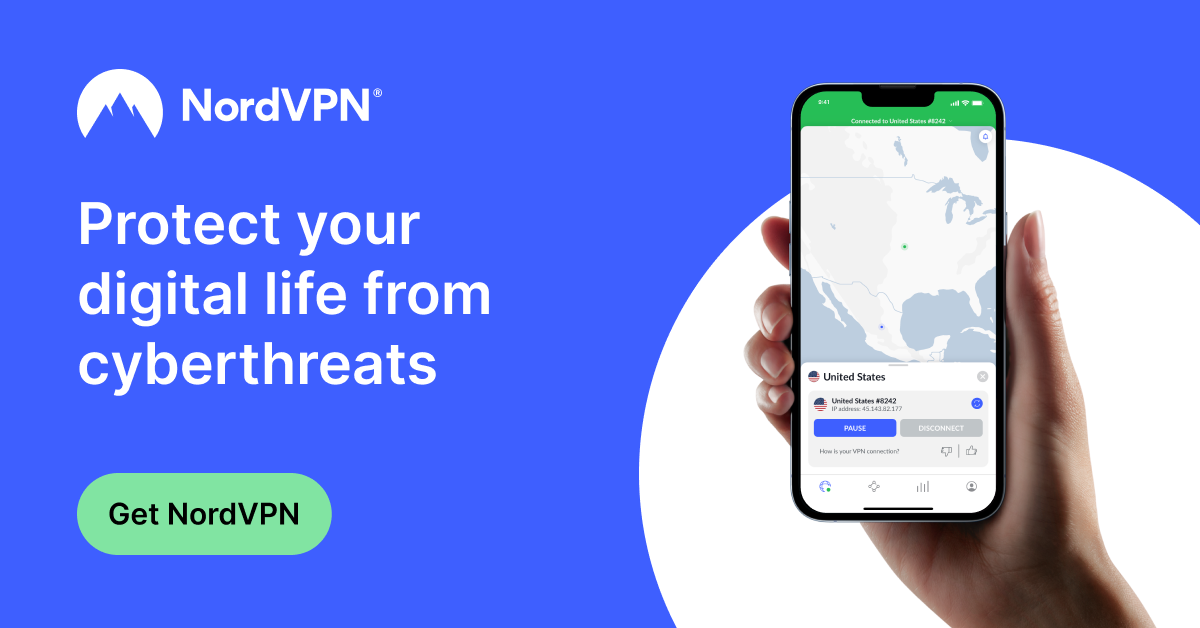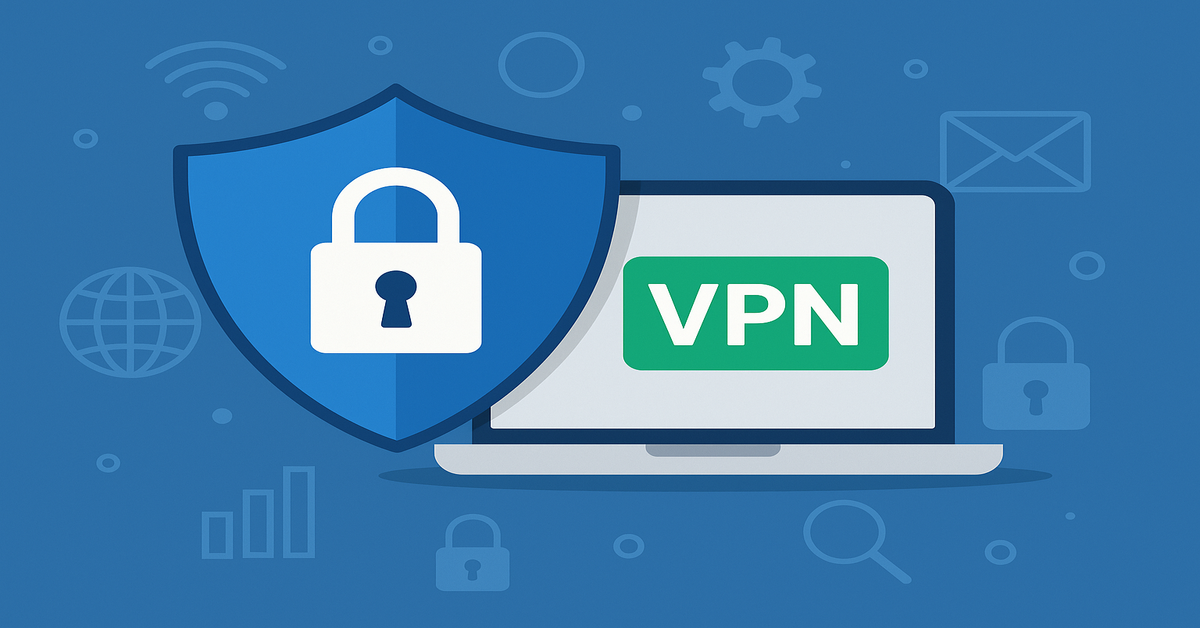In the age of digital tumbleweeds, where personal data drifts unguarded across networks, a VPN (Virtual Private Network) is like putting up strong fences and dimming the streetlights. Whether you’re streaming from a café, travelling abroad, or just browsing at home, here’s why a VPN is one of the smartest tools in your online toolbox.
What is a VPN? (Quick Primer)
A VPN routes your internet traffic through a server in another location, encrypts it, and hides your real IP address. That means your ISP, snoopers, sites you visit, even public Wi-Fi hotspots, have a harder time seeing what you’re doing.
Key Benefits of Using a VPN
- Privacy Protection
With a VPN, your IP address is masked. Advertisers, websites, and even your ISP have much more difficulty tracking your browsing activities. - Improved Security on Public Wi-Fi
Public Wi-Fi spots are notorious for being insecure. A VPN encrypts your connection, making it much harder for hackers to intercept your data (passwords, banking info, etc.). - Bypassing Geo-Restrictions
Want to access content that’s only available in certain countries? A VPN lets you “appear” to be in those places. Great for streaming shows, accessing foreign services, or catching sports events. - Avoiding Bandwidth Throttling
ISPs sometimes slow down (throttle) connections for certain kinds of traffic (streaming, gaming, large downloads). If they can’t see what you’re doing because it’s encrypted via VPN, throttling becomes much harder to enforce. - Censorship & Content Access
In some countries or networks (like workplaces or schools), certain sites are restricted. VPNs help users bypass these restrictions and maintain access to information and communication. - Secure Remote Work
For people working from home or remotely, a VPN offers a safe tunnel into corporate networks. It protects sensitive business data and adds peace of mind when connecting from unfamiliar or possibly compromised networks. - Better Protection Against Tracking & Data Collection
Many apps and websites constantly collect data about your behaviour. A VPN reduces the ability of these services to profile you, because a lot of your digital footsteps are masked or encrypted.
Things to Consider (Because It’s Not Magic)
- A VPN can slow down your connection a bit, because of the encryption and rerouting. The impact depends on how good the VPN service is.
- Not all VPNs are equal. Free ones sometimes log your data or offer weaker encryption. If privacy matters, choose a reputable provider.
- Legal and policy issues: In some countries, VPN use is restricted or regulated. Also, some streaming services disallow VPNs in their terms of use. Know what rules apply.
How to Choose a Good VPN
Here are some tips for picking a VPN that actually delivers the benefits:
- Look for a no-logs policy (i.e. they don’t store your browsing data).
- Strong encryption standards (AES-256 or equivalent).
- Servers in many locations (for flexibility).
- Reasonable speeds & reliable performance.
- Transparent privacy policy & good reputation.
- Useful extra features: kill-switch, split tunneling, multi-device support.
Why the VPN Index Is Your Go-To Resource
If you’re considering a VPN, thevpnindex.com is designed to help you cut through all the jargon and find one that fits your needs. Whether you’re after maximum anonymity, streaming access, gaming performance, or remote work security, The VPN Index gives you:
- Up-to-date comparisons of leading VPN services
- In-depth reviews and user feedback
- Guides to features, pricing, jurisdiction issues, and more
Using a VPN isn’t just about hiding — it’s about choosing the right one. And we make that part easier.
Conclusion
In a nutshell: a VPN boosts your privacy, improves security (especially on public networks), unlocks content, and helps you keep control over your online footprint. It’s not a cure-all, but a powerful tool — and when combined with good hygiene (strong passwords, software updates, cautious clicking), it becomes essential in today’s connected world.
If you like, I can also write a version of this aimed at non-technical readers, or with examples for specific use cases (e.g. travelling, remote work, streaming).


